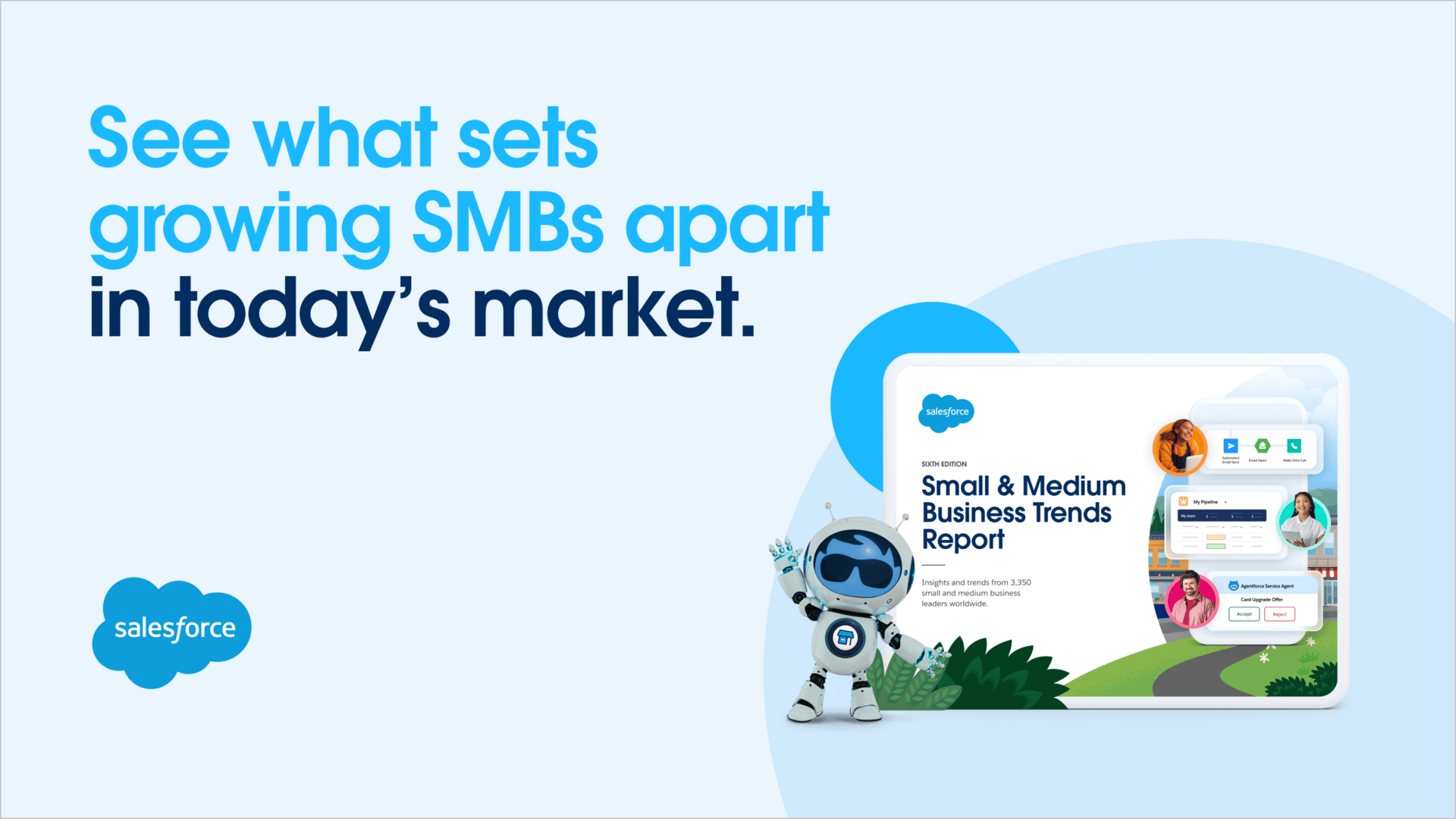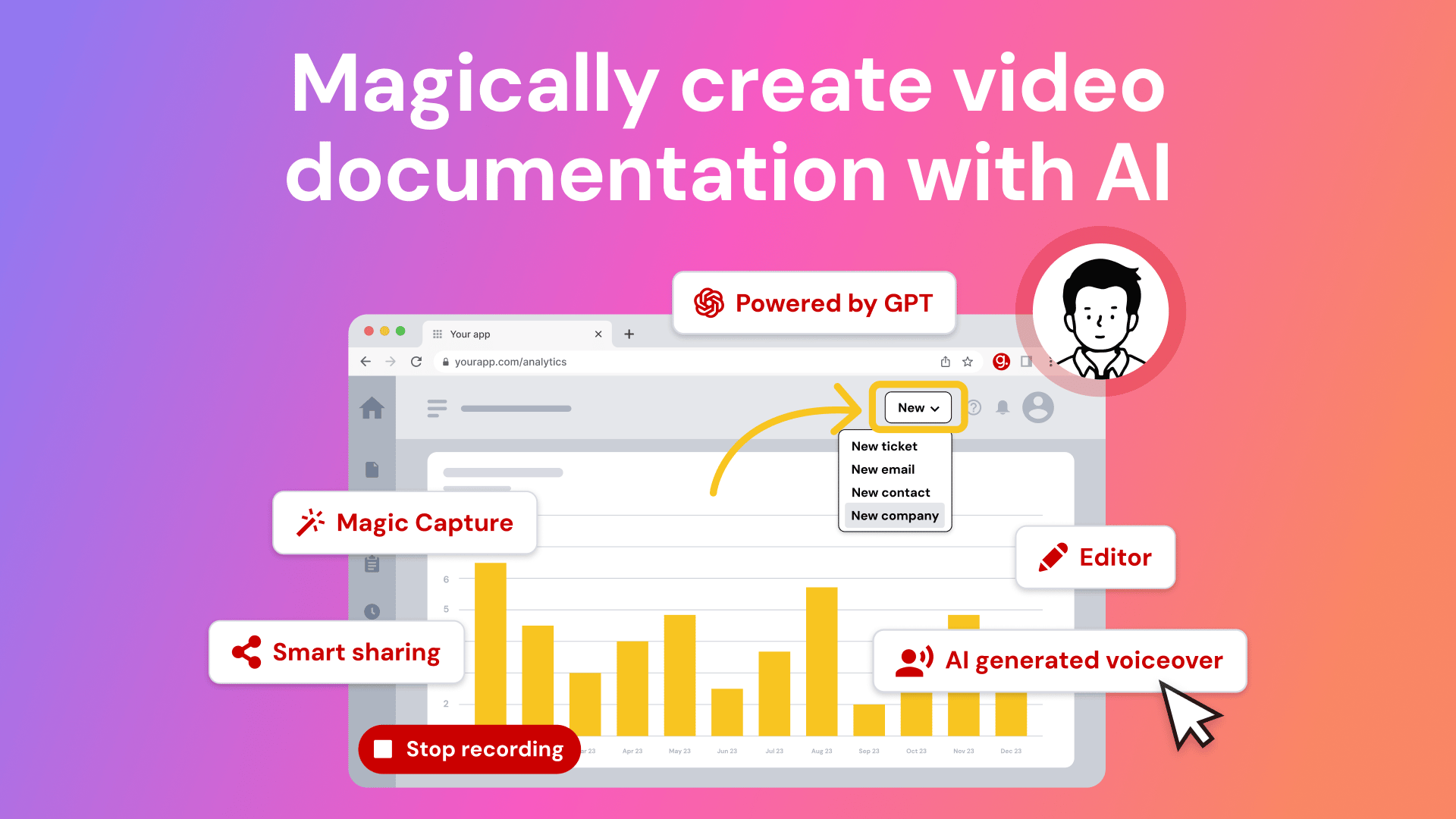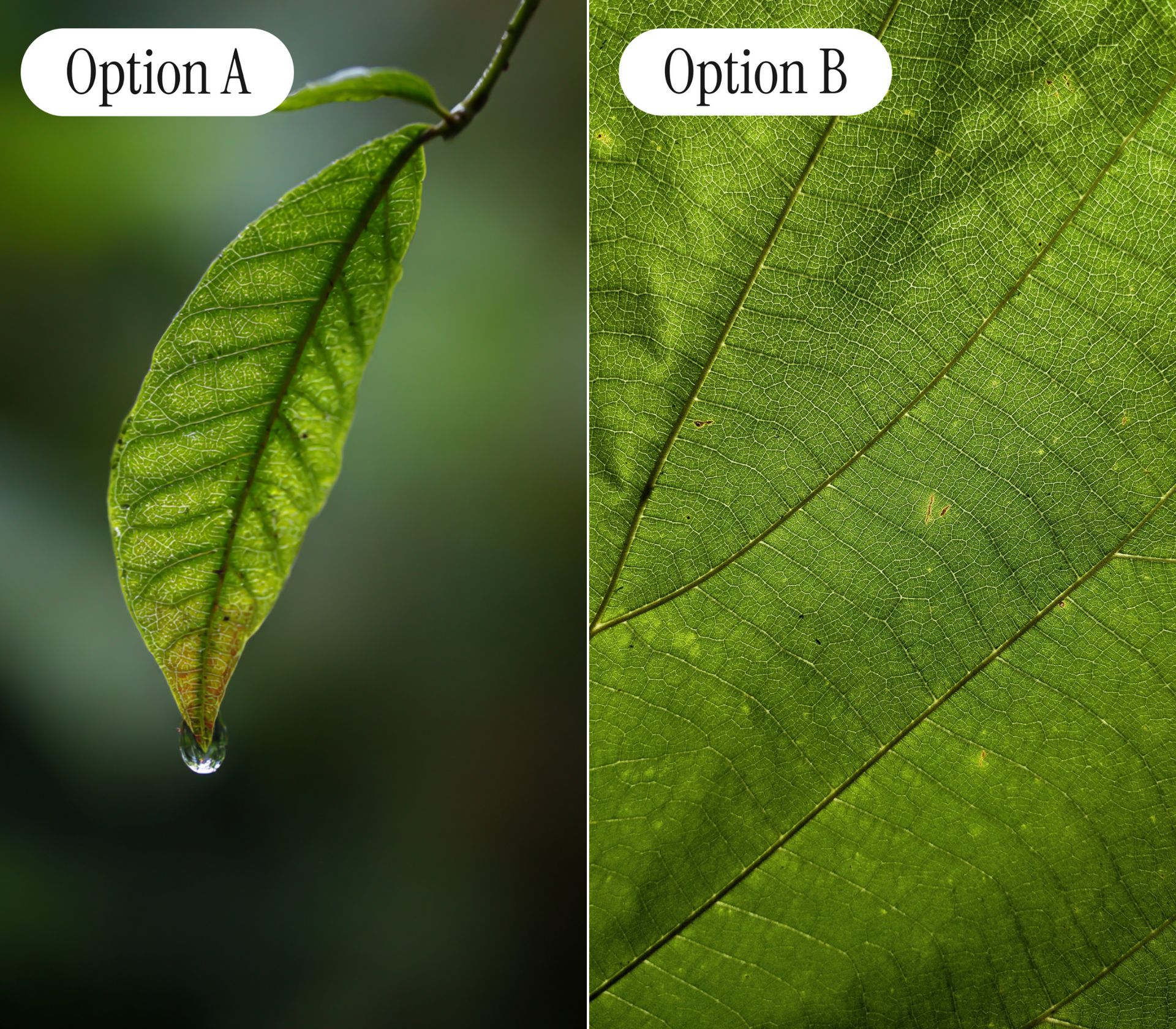- The Deep View
- Posts
- Human wins final battle against AI coders
Human wins final battle against AI coders
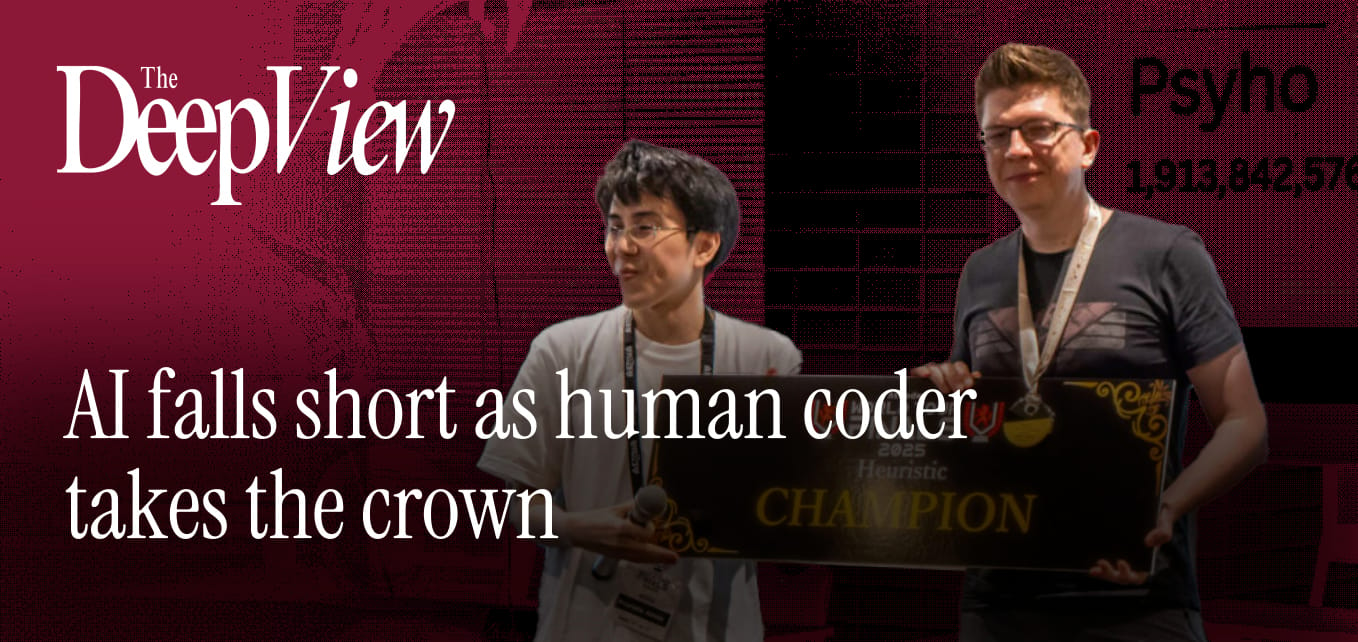
Welcome back. Both OpenAI and Google DeepMind achieved gold medal-level performance at the International Mathematical Olympiad, each scoring 35 out of 42 points. Google officially entered with certified results, while OpenAI tested afterward but announced first to grab headlines. Sam Altman called it "a dream that didn't feel very realistic," but the real dream was winning the PR race.
1. AI falls short as human coder takes the crown
2. Spotify publishes AI songs under dead artists' names without permission
3. AI connects the dots for earlier Alzheimer’s detection
SOFTWARE
AI falls short as human coder takes the crown
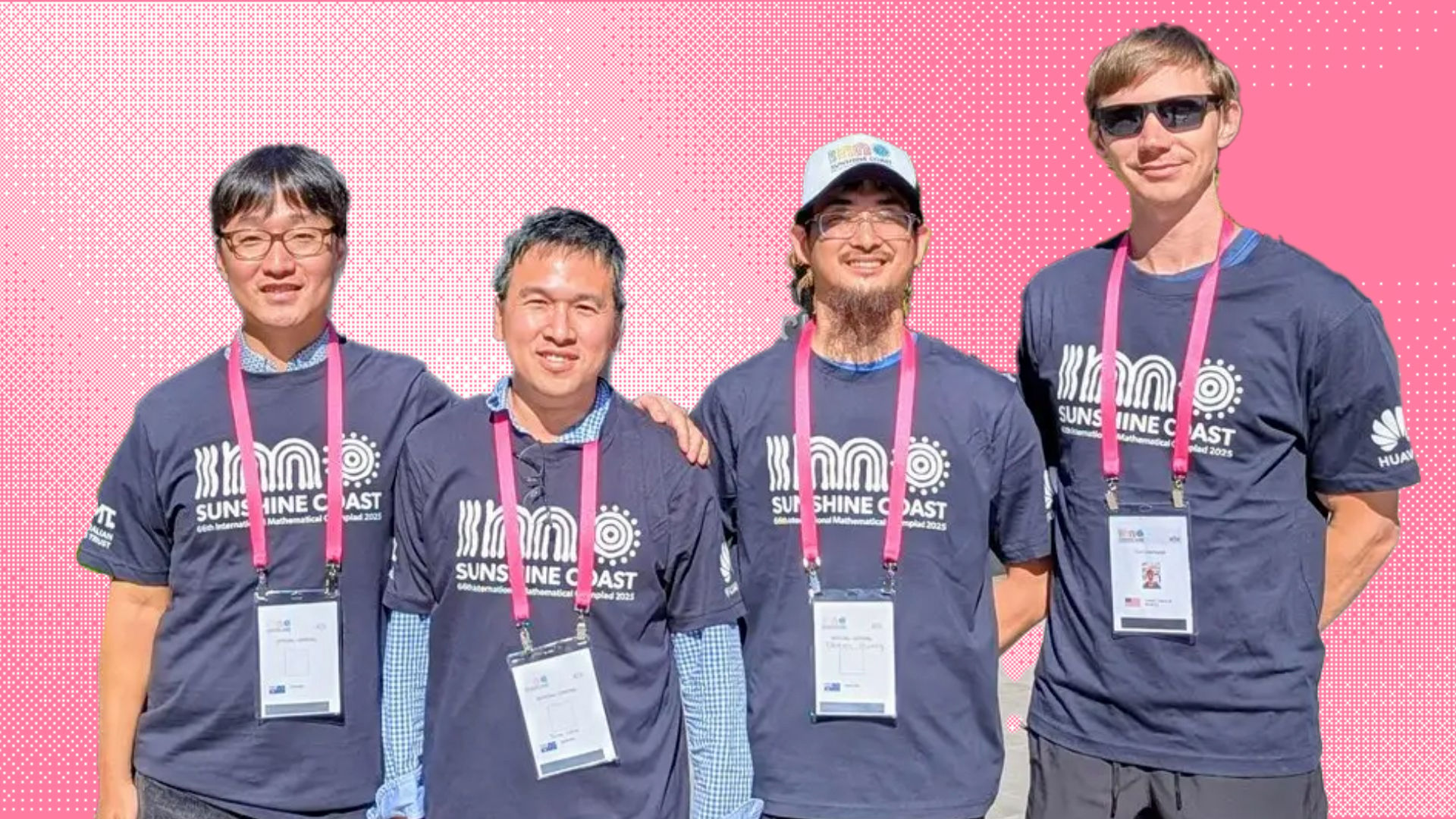
Polish programmer Przemysław "Psyho" Dębiak ran on 10 hours of sleep over three days as he faced OpenAI's custom AI model in a 10-hour coding marathon. He emerged victorious at the AtCoder World Tour Finals by 9.5%, but his triumph felt more like a eulogy than a celebration.
The contest represented the first time an AI model competed directly against top human programmers in a major world championship. OpenAI sponsored the event and entered its model in a special "Humans vs AI" exhibition. The challenge: guide digital robots across a 30x30 grid using the fewest possible moves. The AI seized the lead early, dominating for seven hours while human competitors struggled. Debiak, a former OpenAI engineer, made his move around the seven-hour mark, only to watch the AI reclaim first place in the eighth hour. With 46 minutes remaining, he submitted his final optimization and held on for victory.
"I was close to the model's score, and that pushed me to give everything," Debiak said afterward. OpenAI CEO Sam Altman responded simply: "Good job psyho."
The broader AI coding revolution has been swift and dramatic:
Stanford's 2025 AI Index Report shows AI systems solved just 4.4% of coding problems on the SWE-bench benchmark in 2023, jumping to 71.7% in 2024
Companies like Augment Code report 70% win rates against established AI coding tools in enterprise scenarios
Recent analysis shows 4x growth in code cloning as AI assistants take on greater code-writing responsibility
The contest highlighted the remaining human advantage: the ability to creatively solve problems under uncertainty. Contest organizer Yoichi Iwata noted that while the AI excelled at optimization, Debiak "arrived at a completely different solution." But that edge is narrowing as AI models can now iterate up to 40 times faster than humans.

Debiak's victory represents a hollow triumph. The AI model that finished second will continue to improve, while Debiak can only maintain his skills through years of practice and experience.
More troubling is what this reveals about our relationship with AI in creative fields. We celebrate human victory while simultaneously depending on AI tools to enhance our daily work. The same developers cheering Debiak's win rely on various AI assistants to write their code faster and better.
Debiak may have won this battle, but the war for human relevance in coding was lost the moment we needed a "last stand" to prove our worth. Future contests will likely feature AI models competing against other AI models, with humans relegated to spectators of our own obsolescence.
TOGETHER WITH SALESFORCE
How SMBs are using AI, tech, and data to stay ahead
The latest edition of Salesforce’s Small and Medium Business Trends Report is packed with insights from over 3,000 SMB leaders worldwide.
Whether you're building your tech stack, considering AI tools, or trying to stay ahead of shifting customer expectations, this report gives you a clear view of what your peers are doing (and what’s working).
Inside the report, you’ll learn:
How SMBs are leveraging AI to drive revenue and productivity
Where small businesses are investing in technology — and where they’re holding back
If you want to keep your business on the cutting edge, this is essential reading.
And the best part? Deep View readers can access the full report for free.
COPYRIGHT
Spotify publishes AI songs under dead artists' names without permission

Blaze Foley, a country singer-songwriter murdered in 1989, apparently released a new song called "Together" on Spotify last week. The problem: The track is AI-generated and uploaded without permission from his estate or label.
Craig McDonald, owner of Lost Art Records, which distributes Foley's music, told 404 Media that any fan would instantly recognize the track as fake. "It's kind of an AI schlock bot, if you will," McDonald said. "It has nothing to do with the Blaze you know."
The same thing happened to Grammy-winning Guy Clark, who died in 2016. Both tracks bear copyright marks from a mysterious company called "Syntax Error" and feature AI-generated images that bear no resemblance to the artists.
This represents a troubling escalation beyond generic AI bands flooding streaming platforms. The Velvet Sundown, an AI-generated band, accumulated over 1 million streams before being exposed. Analysis by tech company Uhmbrella found that AI artist "Aventhis," who has over 1 million monthly listeners, created all 57 tracks using AI tools.
The economic stakes are massive:
Musicians could lose over 20% of their income to AI within four years
AI developers in music are projected to gain €4 billion, up from €0.1 billion in 2023
Recent court rulings confirmed that fully AI-generated works cannot be copyrighted
McDonald's proposed solution is straightforward: require artist page owners to approve new uploads. "They could fix this problem," he said. "One of their talented software engineers could stop this fraudulent practice in its tracks, if they had the will to do so."
TOGETHER WITH GUIDDE
Revolutionize Learning with AI-Powered Video Guides
Upgrade your organization's training with engaging, interactive video content powered by Guidde.
Here’s what you’ll love about it:
Fast & Simple Creation: AI transforms text into video in moments.
Easily Editable: Update videos as fast as your processes evolve.
Language-Ready: Reach every learner with guides in their native tongue.
Bring your training materials to life.
The best part? The browser extension is 100% free.
HEALTHCARE
AI connects the dots for earlier Alzheimer’s detection
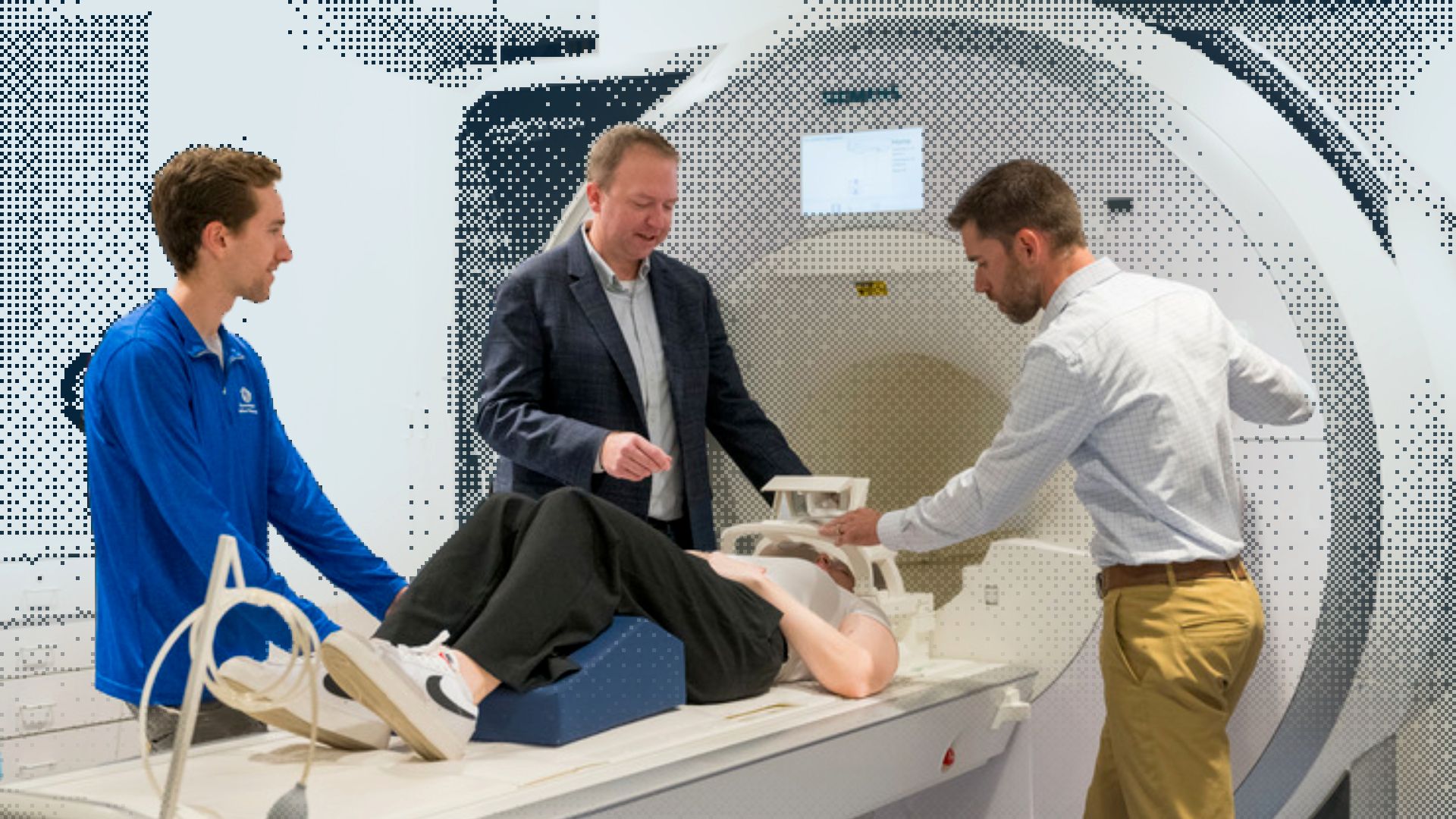
In medicine, diagnosing Alzheimer's has always been a race against time. Catching it early at the Mild Cognitive Impairment stage can delay dementia by years, but early signs are subtle and standard models often get fooled by noise in the data.
Researchers have introduced a model called ADPC that applies causal reasoning to sort through neuroimaging, clinical summaries and confounding variables like age, gender and scan artifacts. Instead of correlating inputs with outcomes, it actively intervenes to identify true causes.
The key innovation combines MRI and fMRI scans with large language model-generated summaries of patient data, then filters both through a system that blocks false signals. In testing, even with smaller datasets, ADPC significantly outperformed traditional deep learning models.
The breakthrough draws on economics and epidemiology, where structural causal models have long aided researchers in navigating incomplete data. Now, the same logic is being applied to the brain.
What sets this model apart:
Uses LLMs to generate structured clinical summaries
Applies causal intervention to filter out noise from imaging and text
Employs visual-text fusion to find the strongest mediating signals
Outperforms all other models on two major Alzheimer's datasets: NACC and ADNI
Offers stronger explainability for medical professionals
Why it matters: False positives lead to stress. Missed diagnoses delay care. This model demonstrates how combining causal inference with multimodal learning can help physicians detect Alzheimer's disease earlier and with greater confidence. As healthcare embraces AI, this reasoning-first approach may become the standard for diagnostic tools.
LINKS

How Sam Altman outfoxed Elon Musk to become Trump’s AI buddy
Meta reportedly offered $1.25B to an AI researcher who still turned it down
LLMs use clever math tricks to guess what happens next
OpenAI hits the biorisk alarm with Agent
Michigan Law wants to know how you’d use AI in school apps
AI keeps cutting jobs, but the efficiency boost is still up for debate
Grok’s AI companions boosted downloads, but its newest model is driving revenue
ChatGPT users send 2.5 billion prompts a day

Lindy: Build AI agents in minutes to automate workflows, save time and grow your business
Kaedim: AI platform that converts 2D sketches into production-ready 3D models for games, AR and design
Yoodli: AI communication coach that analyzes your speaking style in real time and gives feedback on tone, filler words and pacing
Suno v4.5: Make any song you can imagine with a prompt. You can now swap in your own vocals or instrumentals, or use a playlist to inspire a new song

POLL RESULTS
"Should AI integration be a formal criterion for promotion?”
Support (14%)
“It will apply to nearly every position”
Conditional (49%)
“AI isn't the right tool for every job, simple as that. I wouldn't hold back a teacher from being promoted because they wrote a lesson plan by hand rather than using AI. I wouldn't prevent a nurse from being promoted because they failed to use AI to accurately and effectively treat a patient. And I would deny a promotion to a sales rep who brought in a new multi-million dollar customer without the use of AI.”
Oppose (25%)
“It's a trick. The more you rely on AI, the less relevant you are. You're planting the seeds of self-replacement.”
Neutral (12%)
The Deep View is written by Faris Kojok, Chris Bibey and The Deep View crew. Please reply with any feedback.
Thanks for reading today’s edition of The Deep View! We’ll see you in the next one.

 | “This has Porsche written correctly on the side of the car. ” “Enjoying the brief window during which gibberish text remains a flaw in AI-generated images.” “Could not see a driver in the other pic, nor any clear text” |
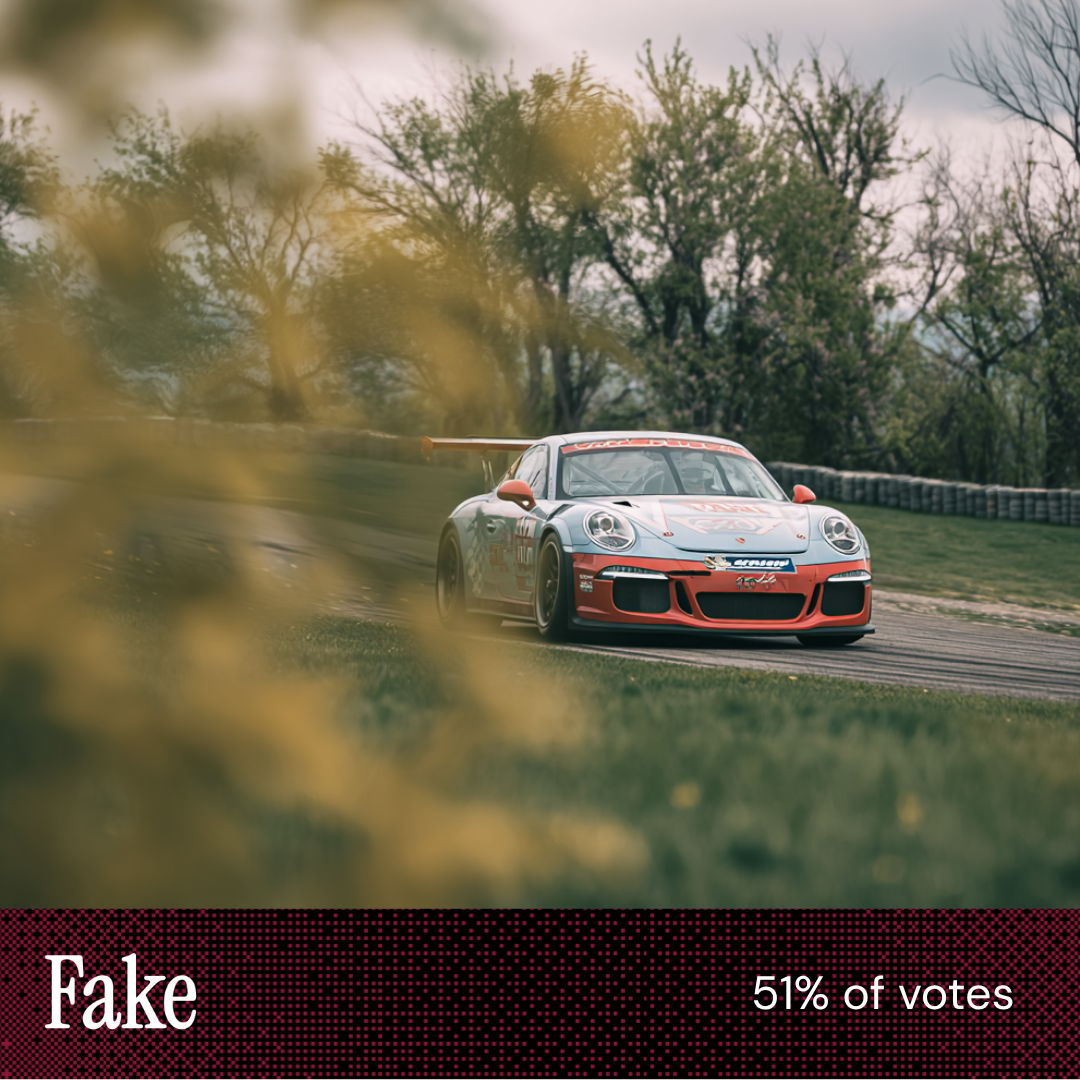 | “The car looks too crisp/in focus. I’m surprised, good quiz!” “Dang, thought the AI was cheating in the other one with the blur, but the realistic trees got me.” “Thought the donut circles looked fake on the real one.” |

Take The Deep View with you on the go! We’ve got exclusive, in-depth interviews for you on The Deep View: Conversations podcast every Tuesday morning.

If you want to get in front of an audience of 450,000+ developers, business leaders and tech enthusiasts, get in touch with us here.

